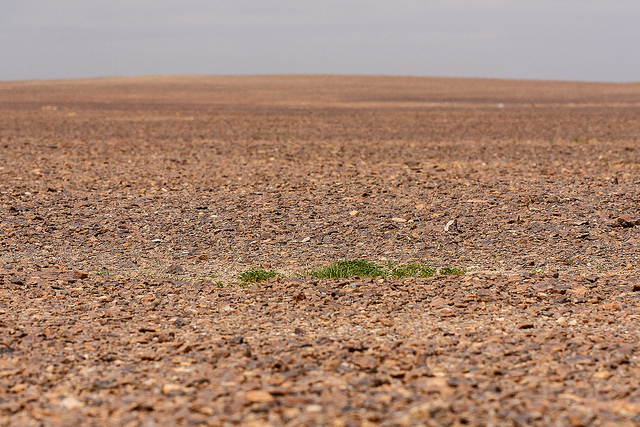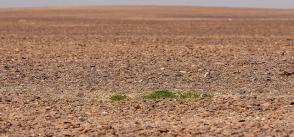
Water and sand: Is groundwater-based farming in Jordan's desert sustainable?
Sustainability of groundwater-based agriculture is questionable in Jordan’s highland due to decrease in water quality, quantity and tougher policy measures.
Irrigated agriculture in Jordan's highlands relies on overexploited groundwater. Drops in water tables and water quality, but also tougher policy measures by the government, threaten the sustainability of this activity which has long thrived on lax law enforcement and cheap desert land.
This paper is based on field work in two locations of Azraq groundwater basin [around the Azraq oasis and in the northern part (Mafraq)], and first presents farm typologies which show the variability of farm gross margins and the contrast between the two zones.
While Mafraq stands for capital-intensive fruit-tree cultivation on legal land/wells, Azraq's agriculture is largely based on olive cultivation and wells that are either illegal or granted permits with higher block tariffs, and has a return that is only one tenth of Mafraq's.
The paper reviews the constraints and changes in land, energy, water, labor and input costs and reflects on their bearing on current dynamics and future prospects.
Read/download the paper by Majd Al Naber and Francois Molleb via Science Direct.
[Photo by reloeh | Flickr]







